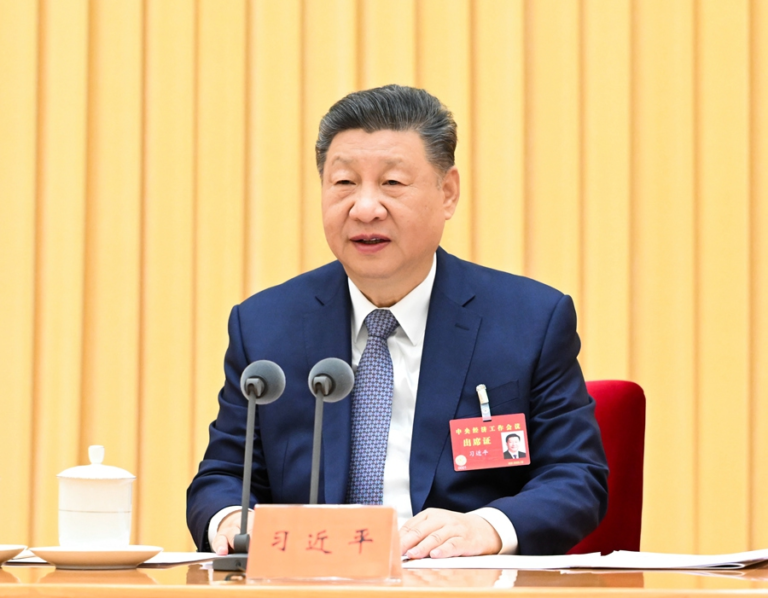
Amid a shifting regional security landscape, members of the Five Power Defence Arrangements (FPDA) security pact are upgrading joint training, deploying advanced assets and increasing high-level personnel contacts. The new measures were showcased at the Bersama Lima exercise in October 2024, and officials and analysts expect the initiatives to further improve interoperability and strengthen regional security.
Established in 1971, the FPDA is a nonbinding security accord among Australia, Malaysia, New Zealand, Singapore and the United Kingdom initially centered on the defense of Malaysia and Singapore, each then relatively new independent states. In January 2025, Malaysian Prime Minister Anwar Ibrahim and Singaporean Prime Minister Lawrence Wong hailed the FPDA as an example of continued progress “on the multilateral front,” according to a statement after the 11th Malaysia-Singapore Leaders’ Retreat in Putrajaya, Malaysia.
In addition to Bersama Lima, an annual field training exercise, FPDA drills include the tactical integration exercise Bersama Shield and Suman Warrior, a land-focused command post exercise, both held annually.
“The deepening of such multilateral exercises can happen both in terms of the involvement of more high-end and advanced military equipment, as well as a more surgical focus on areas of common interest, such as counterterrorism and maritime security, an area which has come under scrutiny in recent times,” Thomas Lim, a senior analyst at Singapore’s S. Rajaratnam School of International Studies, told FORUM.
In a meeting on the sidelines of the Shangri-La Dialogue security forum in Singapore in May 2024, FPDA defense ministers agreed to integrate drones, fifth-generation fighter jets and surveillance aircraft to boost the complexity and sophistication of exercises.
The Singapore-hosted 2024 iteration of Bersama Lima, which means “Together Five” in the Malay language, was the first to feature fifth-generation fighters, including six Royal Australian Air Force F-35As, as well as a Royal New Zealand Air Force P-8A patrol aircraft, significantly advancing training effectiveness, according to Singapore’s Defence Ministry.

IMAGE CREDIT: AUSTRALIAN DEFENCE DEPARTMENT
The deployment of F-35As was a significant achievement “in our ongoing pursuit of enhancing training realism and sophistication, and building capacity within the FPDA,” Maj. Mark Tamblyn, commander of the Australian contingent, said in a news release.
To align with emerging security threats, FPDA exercises also incorporate uncrewed aerial vehicles and expert exchanges on topics such as humanitarian assistance and disaster relief.
Regional challenges have grown significantly in recent years. Geopolitical tensions have escalated, fueled by the People’s Republic of China’s military buildup and arbitrary territorial claims, including in the resource-rich South China Sea. In mid-2024, Beijing demanded that Malaysia halt oil exploration at Luconia Shoals, within Malaysia’s exclusive economic zone. Kuala Lumpur reiterated that it would continue oil and gas exploration in its waters.
Meanwhile, piracy and armed robbery against ships remain threats in the Malacca and Singapore straits, with 62 such incidents in those global trade routes in 2024, according to the Regional Cooperation Agreement on Combating Piracy and Armed Robbery against Ships in Asia. Additionally, Southeast Asia is prone to natural disasters such as tsunamis, typhoons and floods that threaten coastal infrastructure, shipping and economic stability.
The FPDA is well-suited to adapt to changing security concerns, analysts say.
“The FPDA is a remarkable tool … based on its unique position as an arrangement with an operational element and its highly malleable nature, with its operations adjusting year-on-year based on the most imminent threats,” Lim said. “Beyond military activities, it fosters a platform for defense professionals from different nations to connect, with these exchanges promoting goodwill and mutual understanding.
“States’ participation in such joint exercises also help to reinforce the value of upholding the rules-based international order, and to promote the centrality of cooperation and communication in a contested international arena,” he said.





